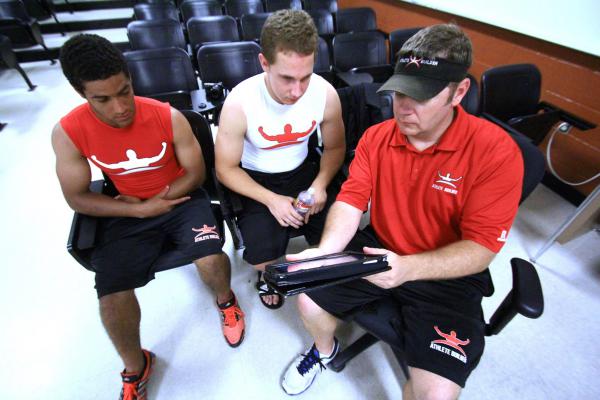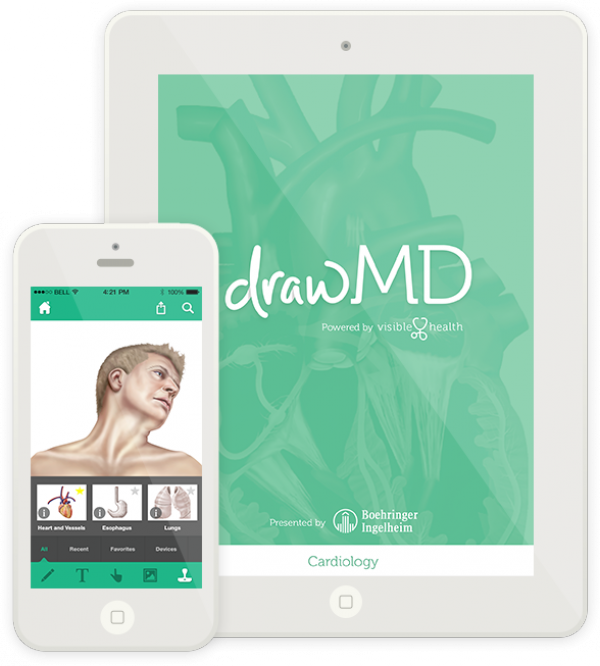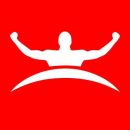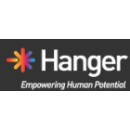Austin, with its plethora of tech startups thriving and its major university set to open a world-class medical school in 2016, would seem the perfect place for biotech startups to flourish. So it's no surprise that no fewer than five successful recent case studies exist, edging the health care industry and those who benefit from it forward into the future.

Back in the day, aspiring athletes had only their own coaches and playbooks to rely on when it came to learning about a sport. The rise of the internet, however, provided a literal game changer, one that Austin's own Athlete Builder readily tackled when it launched its app earlier this year. Offering more than 1,000 videos on football fundamentals and athlete development, its library includes professional athletes like Chase Clement, Cam Colvin, Nic Harris and Seattle Seahawks tight end Luke Wilson. A highlight of its comprehensive series: first-person learning via videos shot using GoPro.

Well ahead of the fitness tracking craze, MapMyFitness was founded in 2007 and raised $23.7M through its Series A, B and C funding rounds, along with additional angel and venture capital, to its exit in November 2013 when it was acquired by fitness giant Under Armour. Today, the app maps routes, tracks activities, logs food, and offers a sharing feature to build a sense of community and support for its users. It also suggests popular user routes in most major cities across the US, taking the guesswork out of the early stages of planning a walking or jogging routine.

The minds behind Visible Health saw a twofold problem in the healthcare industry that prompted them to deliver a cohesive solution: "The body of healthcare knowledge is too large and too complex for any single doctor to master," it explains via its website, "and the learning curve for the average patient is too steep to be tackled alone." To bridge those gaps, Visible Health offers applications that give clinicians up-to-the-minute information and displays it in a way that's accessible enough for patients to understand. Its newest service offering, drawMD, promises to digitize those doctors' office charts and models into an interactive version that's more useful to doctors and patients alike.

Perhaps one of Austin's most visible tech success stories in the healthcare industry is Hanger, which went public in 2009. Its two core business segments, patient care and products & services, encompass a wide range of offerings, from hospitals and physical rehabilitation clinics to prosthetic, orthodic, and neurotronic supplies. It also does a great deal of community work through its Amputee Empowerment Partners initiatives and its partnerships with Amputee Coalition Initiatives, as well as its scholarship program, foundation and international relief work.

Founded in 2012, RxWiki provides a highly visual medical encyclopedia focusing specifically on medications. Called "a Pinterest experiment for pharma' by MedCity News in 2013, the startup offers consumers a web-based app through which they can look up information and find results with strong visual components, and also offers clinicians an SaaS-based offering that syndicates health news across social media platforms. Its content publishing arm constantly updates medical information and assures accuracy with its peer review processes. Also in 2013, Forbes punnily dubbed the concept "a prescription for success."





